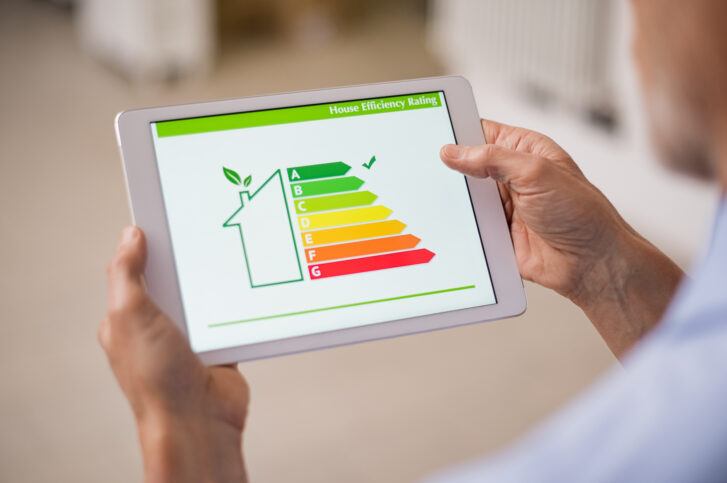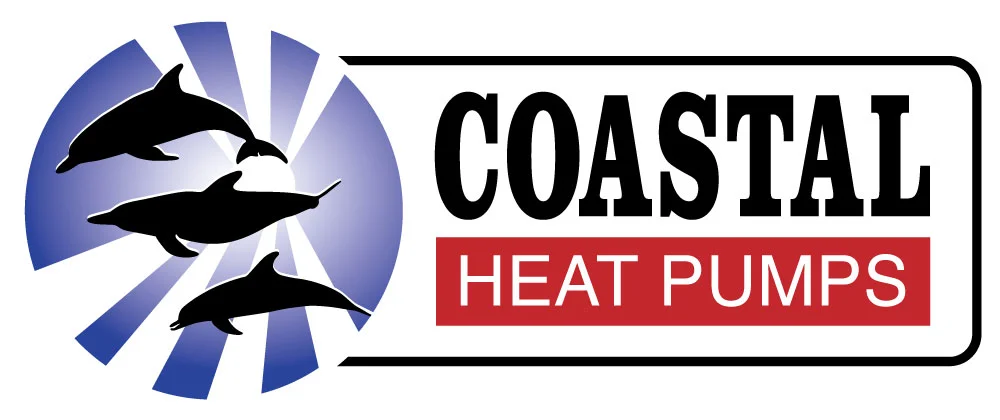Blog
Coastal Heat Pumps > Blog > Cool Tips > Tips to Improve Energy Efficiency in Your Home for 2024
Tips to Improve Energy Efficiency in Your Home for 2024
As energy prices continue to rise, the energy efficiency of your home becomes a serious matter. Not only can you improve the eco-friendly sustainability of your household by reducing power use, but you can also save a bundle on your monthly electricity and/or natural gas bill. Fortunately, there are many ways, big and small, to save energy in the average home.
As heat pump experts, we can provide more than a few tips on ways to use less power and save long-term cash by improving the overall use of power throughout your home.
Switch to LED Light Bulbs
Start with the light bulbs. It’s easy and affordable to swap out your incandescent or halogen lightbulbs for LEDs. LEDs are 80% to 95% more energy efficient compared to other common household lightbulbs and they last several times longer. Smart lights are a little pricier, but even more energy efficient.
Caulk Windows and Weatherstrip Doors
Better insulating your house can reduce the need to constantly run your cooling or heating system because your home will retain the desired temperature more easily. In addition to checking the roof, attic, and wall insulation, it’s easiest for homeowners to address the doors and windows.
Swap out the old weatherstripping on your doors and apply a little silicone sealant using a calk gun to the edges of all your windows.
Choose Energy Star Appliances
If you are upgrading your appliances, always use Energy Star rated machines that have been proven to use the minimum amount of electricity. Efficient large appliances will make a big difference in your power bill every time you wash a load of laundry or dishes.
Prevent Phantom Load Power Use
Phantom load use is when appliances keep using power when they are switched off, sleeping, or on standby. Phone chargers without the phone, smart lamps and small appliances waiting for a command, and sometimes just everyday items plugged in will continue to draw power.
Use smart power strips to easily switch off individual or groups of appliances to reduce the cost of phantom load in your house.
Practice Water Conservation
Minimize the unnecessary use of water in your home. When you run the water hot in the sink, collect it and water your plants or use it for washing later. Plants also love pasta water that is full of starchy nutrients.
Make sure to fully load your dishwasher and to set your washing machine to the correct water level for each load. You can also install faucet and shower heads that spread out the water to use less water for the same experience and cleaning power.
Put a Blanket on the Water Heater
Insulating your water heater is a great way to save energy. Tank-based water heaters keep a large tank of water constantly heated through heating cycles. However, if the water inside stays hot longer because the tank is insulated, fewer heating cycles are necessary.
You should also flush and descale the heating elements of your water heater once a year, especially if your home has noticeably hard (mineral rich / water spots) water.
Alternately, you can switch to an on-demand / tankless water heater, which heats water on the go and does not maintain a tank of hot water with heating cycles.
Shade Windows with Awnings and Curtains
You can reduce the heating power of the sun on your home with a few window treatments. Awnings on the outside (or even shade trees) and the right curtains on the inside will help prevent the sun from warming up your rooms, minimizing the amount of AC power you need to stay cool.
Utilize Solar Power
A little solar power can go a long way, depending on how you use it. You can install solar on the roof for net metering, or independently power a few outdoor outlets through a battery and inverter setup. Even if roof solar is not permitted in your neighbourhood, you can set up solar battery chargers on your sunny windowsills or a few panels on the back porch to power outdoor lights and small appliances.
Switch Your HVAC to a Heat Pump
If you’re considering upgrading your HVAC system for better performance and energy efficiency, a heat pump is your ideal option. Unlike a traditional system, heat pumps can provide heating and cooling using far less energy than a typical AC or electric furnace system. Heat pumps can be set up to provide central air or comfort zones depending on the existing design of your home’s ventilation and will help improve your household’s overall energy efficiency each season.
If you are interested in exploring your options, book an in-home estimate for a new heat pump with Coastal Heat Pumps and ask about saving up to $6,000 in energy efficiency rebates.

